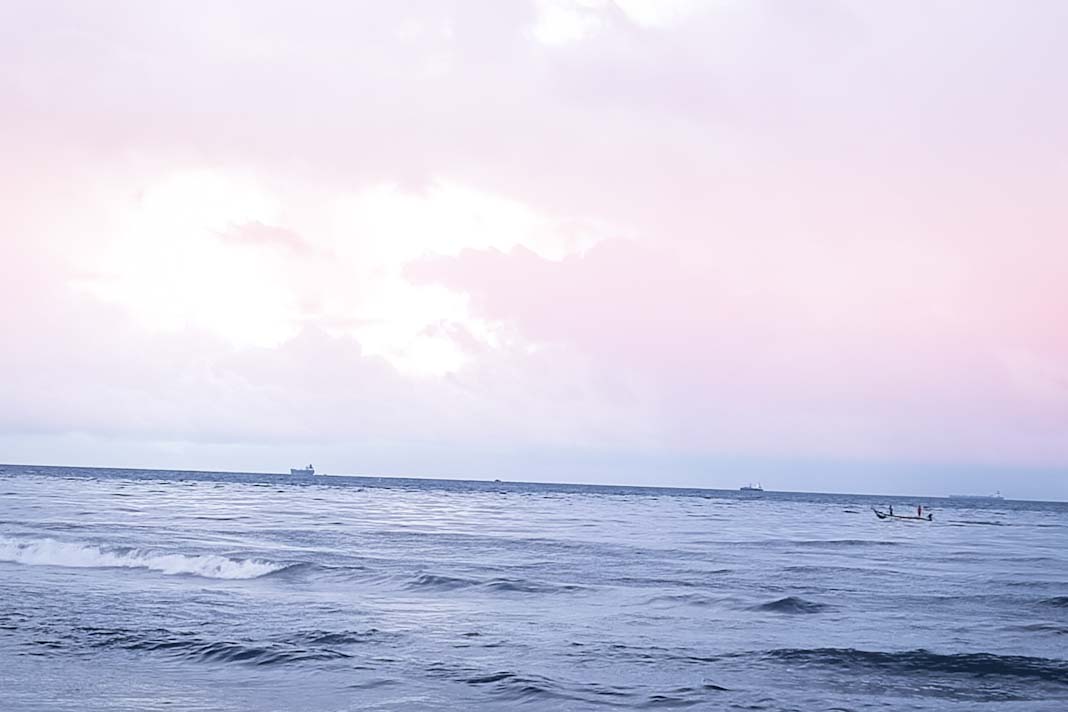- ClassNK’s 2024 Annual PSC Report highlights fire safety as the leading cause of detainable deficiencies.
- Life-saving appliances and ISM Code violations follow closely in the list of common inspection issues.
- Frequent fire safety issues include damaged fire extinguishing systems and malfunctioning fire doors.
- LSA problems often involve inoperable lifeboats, weak batteries, and defective release gear.
ClassNK has unveiled its latest Annual Report on Port State Control (PSC), offering a detailed overview of deficiencies recorded during inspections across various international ports. The 2024 report highlights key statistics on vessel detentions and deficiency trends, focusing on specific ship types, including bulk carriers, general cargo ships, and container ships. The findings shed light on inspection outcomes involving NK-classed vessels, reports SAFETY4SEA.
Key Deficiencies Identified in PSC Inspections
ClassNK’s report reveals that fire safety remains the most frequent cause of detainable deficiencies during PSC inspections. Shortcomings closely follow this in life-saving appliances (LSA) and violations of the International Safety Management (ISM) Code.
Within the fire safety category, common issues involved fixed fire extinguishing systems, particularly those with worn, corroded, or damaged piping, as well as systems that failed to operate correctly. Inspectors also identified problems with fire doors and fire-resisting divisions, such as malfunctioning self-closing devices, unauthorized hold-back systems, and doors that could not be latched securely.
In terms of LSA, recurring deficiencies included lifeboats and rescue boats with non-starting engines, degraded rechargeable batteries, and faulty on-load release gear mechanisms. These findings underscore ongoing challenges in maintaining essential safety systems across various ship types.
Click here to see the detailed report
Did you subscribe to our Daily newsletter?
It’s Free! Click here to Subscribe!
Source: SAFETY4SEA

























